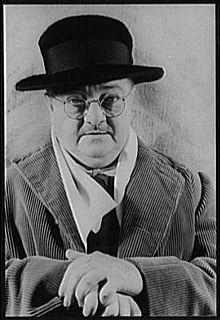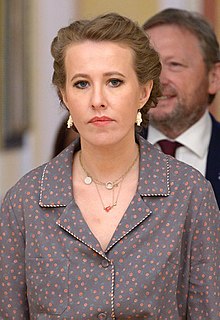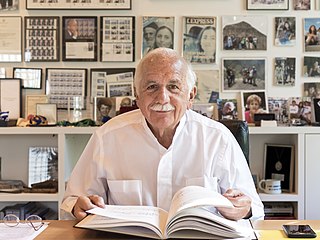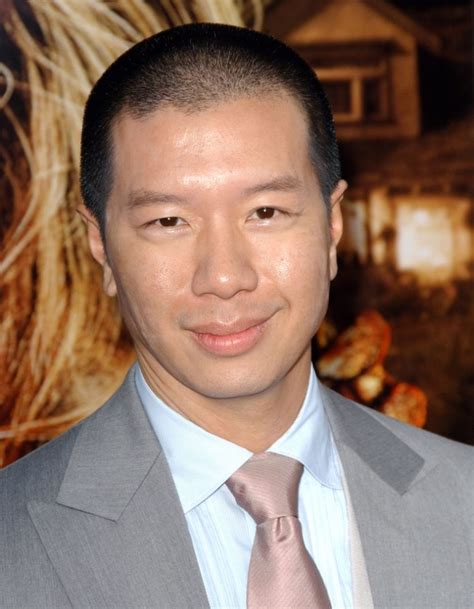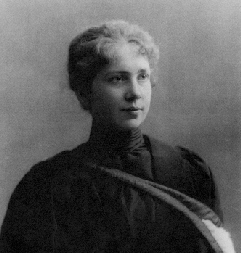A Quote by Santiago Calatrava
The concept of an "architect" is one of the oldest professions in the world. Whereas, some professions, such as a "lawyer", have their roots in Latin, "Archi - tecton" is actually a Greek word, and much older. Just knowing how old the profession is gives me hope that we will still exist for years to come, even if we are changing.
Related Quotes
The word smart is not applied to all professions, even if you are smart in that profession. No one talks about smart lawyers. They may say a brilliant lawyer. They'll talk about a creative artist. Smart is saved for scientists. It just is. It's not even really applied to medical doctors. It applies to scientists in the lab figuring out what hadn't been figured out before.
People have long feared that mechanization might cause mass unemployment. This never happened because, as old professions became obsolete, new professions evolved, and there was always something humans could do better than machines. Yet this is not a law of nature, and nothing guarantees it will continue to be like that in the future.
The announcement that I was going to be an actor was made when was I was 10 years old. And that didn't go down all that well, but I had a lot of years to butter up my parents. My parents have mellowed quite a bit, but, growing up, there was a sense that the only real professions were doctor, engineer, lawyer. Those were your choices.
I think it is a duty I owe to my profession and to my sex to show that a woman has a right to the practice of her profession and cannot be condemned to abandon it merely because she marries. I cannot conceive how women's colleges, inviting and encouraging women to enter professions can be justly founded or maintained denying such a principle.
I remember when I was 5 or 6 years old, gospel music felt familiar, like I had heard it in the womb or something. A lot of those old gospel songs still give me that feeling, that it's older than time and there's actually music that can tap into a universal subconscious, or whatever word you want to put on it.
I imagine that as contemporary music goes on changing in the way that I'm changing it what will be done is to more and more completely liberate sounds from abstract ideas about them and more and more exactly to let them be physically uniquely themselves. This means for me: knowing more and more not what I think a sound is but what it actually is in all of its acoustical details and then letting this sound exist, itself, changing in a changing sonorous environment.
I think we have to acknowledge that people are different and succeed at different things, first of all. Men are better than women at some professions like firefighting, construction work, and physics. But women are better than men at some professions, too, like elementary teaching, prostitution, and giving birth. Who's to say which is more important?


